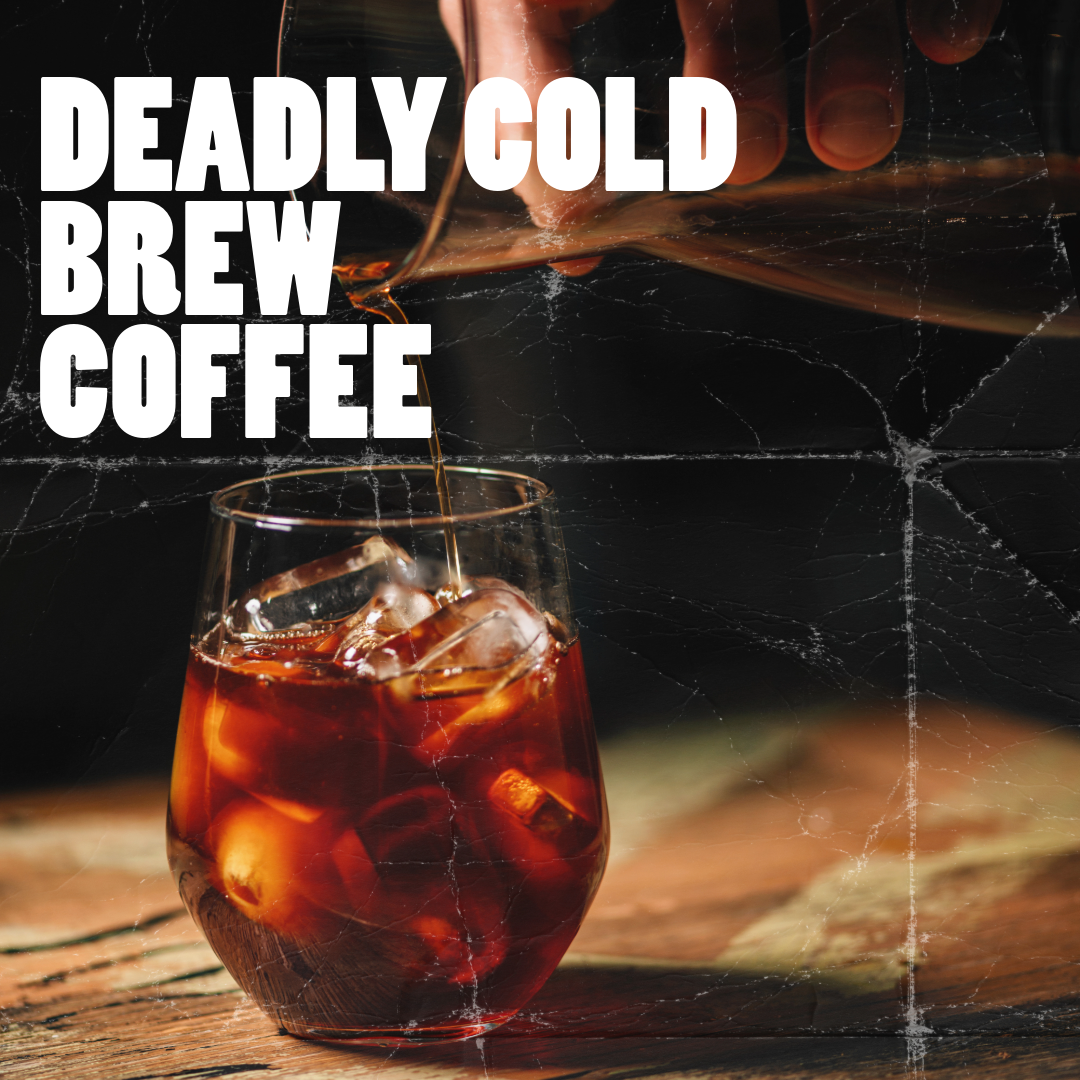Deadly Cold Brew
Snapchill LLC is recalling all canned coffee products due to potential contamination with Clostridium botulinum, a deadly toxin that can cause fatal food poisoning. The recall affects products distributed through various coffee roasters, retail locations, and direct online sales.
The recall alert states the manufacturing process "could lead to the growth and production of the deadly botulinum toxin in low-acid canned foods."
Botulism is a serious illness that can cause difficulty breathing, muscle paralysis, and death. The FDA states symptoms can begin from six hours to two weeks after eating food containing the toxin.
The recalled products were sold under a range of roaster and brand names, including the Canadian company Eclipse Coffee Roasters, based in Calgary. It is unclear if any affected American brands have been imported into Canada. To be safe, check any canned cold brew products against the FDA list before consuming them FDA Recall List.
This is not the first case of botulism recall involving a canned cold brew product. An infamous recall of the ironically named "Death Wish" coffee in 2017 wasn't enough to educate manufacturers about the inherent risks of canned cold brew coffees. Consumers either aren't aware of the issue or don't care, as the consumption of cold brew has expanded ever since.
Even uncanned cold brew carries potential risks of fungal and bacterial infection, such as Salmonella and E. Coli. It is surprising that the recent COVID-19 pandemic did not make governments, companies, and consumers more cautious about brewing methods that use cold water. Cold water doesn't kill bacteria or viruses, so brewing cold requires extremely detailed control of the procedure to avoid contamination.
Important Safety Tips
Never put cold brew in a sealed airtight container, such as a mason jar or bottles with screw or flip-top lids, unless you intend to "retort" (a fancy word for heat) the contents to a safe temperature to kill botulism spores.
Our Position on Cold Brew
Why bother? In our opinion, cold brew doesn't taste good and is rarely made with the freshest premium coffee beans. It's not worth the risk. There are better and safer alternatives for enjoying a cold coffee, such as “Fresh” Japanese Cold Brew or using a commercial brewer specifically designed to mass-produce safe cold brew coffee.
Consumers need to educate themselves and demand changes from their local coffee shops. Ask about the method used to make the cold brew or simply inquire if it’s freshly brewed. By doing so, you can continue to enjoy a cold caffeinated drink without having an actual “death wish.”
References:



